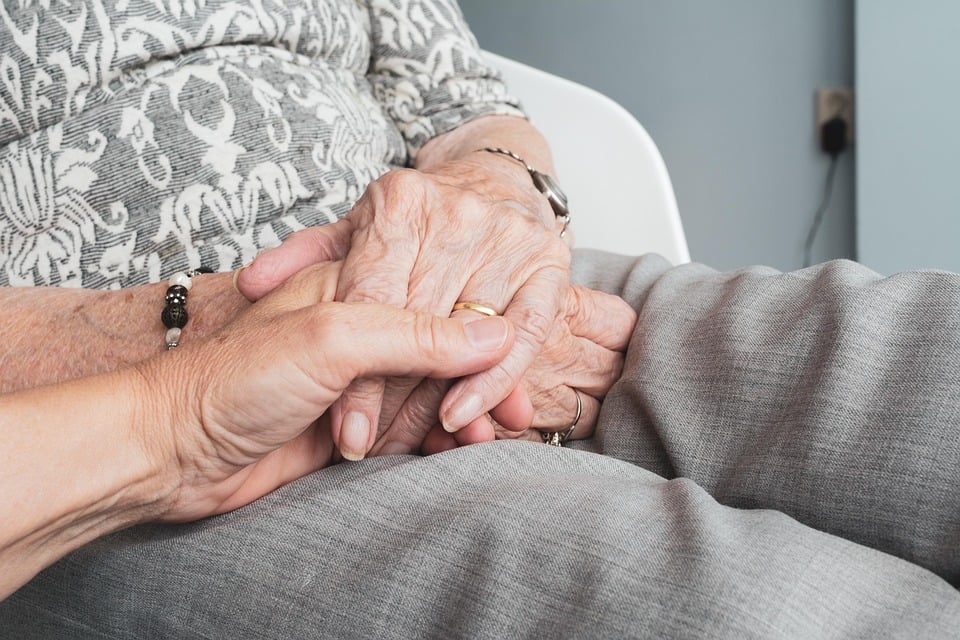
New research has uncovered a potential link between inflammatory responses and the various types of fatigue experienced by individuals with cancer. Published in the CANCER journal by Wiley, these findings suggest that targeting inflammation could be key to alleviating fatigue in patients with early-stage breast cancer.
Cancer-related fatigue is a persistent and distressing symptom that manifests as physical, emotional, and cognitive exhaustion. It is believed that the activation of inflammatory responses, either by the tumor itself or as a result of cancer treatment, is a significant biological driver of this condition. However, the role of inflammation across the cancer continuum has not been thoroughly investigated until now.
Exploring the Link Between Inflammation and Fatigue
Researchers at the University of California, Los Angeles (UCLA) conducted a study to examine this connection. They analyzed protein markers of inflammation in 192 women diagnosed with early-stage breast cancer. These women were assessed before undergoing radiation or chemotherapy and continued to be monitored for 18 months post-treatment.
During each assessment, participants reported on different dimensions of fatigue—general, physical, mental, and emotional—and provided blood samples for testing. The researchers focused on specific protein markers of inflammation, including two pro-inflammatory cytokines (TNF-α and IL-6) and two downstream markers (sTNF-RII and CRP).
Key Findings and Implications
The study revealed that higher levels of TNF-α, sTNF-RII, and IL-6 were associated with increased general fatigue, characterized by feelings of tiredness and exhaustion. These associations persisted even after adjusting for variables such as age, race, education, body mass index, and cancer stage. A similar positive correlation was noted between physical fatigue and the same inflammatory markers.
Interestingly, the study found that higher levels of TNF-α and sTNF-RII were linked to lower levels of emotional fatigue, while no significant associations were observed between mental fatigue and inflammation.
“Our findings indicate that inflammation plays a role in some aspects of cancer-related fatigue, but not others, and that these effects persist well after treatment,” said lead author Julienne E. Bower, PhD, of UCLA. “This is critical for developing targeted treatments for this common and disabling symptom.”
Understanding Cancer-Related Fatigue
Cancer-related fatigue is a complex and multifaceted symptom that affects a significant number of cancer patients. It can severely impact the quality of life, making it difficult for patients to engage in daily activities and maintain emotional well-being. Understanding the biological underpinnings of this fatigue is crucial for developing effective interventions.
The study’s findings underscore the importance of addressing inflammation as a potential therapeutic target. By identifying specific inflammatory markers linked to fatigue, researchers can develop more personalized treatment strategies that may improve patient outcomes and quality of life.
Future Directions and Research
This study opens new avenues for research into the biological mechanisms underlying cancer-related fatigue. Further investigations are needed to explore how inflammation interacts with other biological and psychological factors to influence fatigue. Additionally, clinical trials are necessary to test anti-inflammatory treatments’ efficacy in reducing fatigue among cancer patients.
As the medical community continues to unravel the complexities of cancer-related symptoms, this research provides a promising step forward. By focusing on inflammation, scientists and clinicians can work towards more effective and targeted interventions that address the unique needs of cancer patients.
The implications of this study extend beyond breast cancer, as inflammation is a common factor in various types of cancer-related fatigue. Continued research in this area could lead to broader applications and improvements in cancer care.
As researchers delve deeper into the connection between inflammation and fatigue, the hope is to develop interventions that not only alleviate symptoms but also enhance the overall quality of life for cancer patients worldwide.





